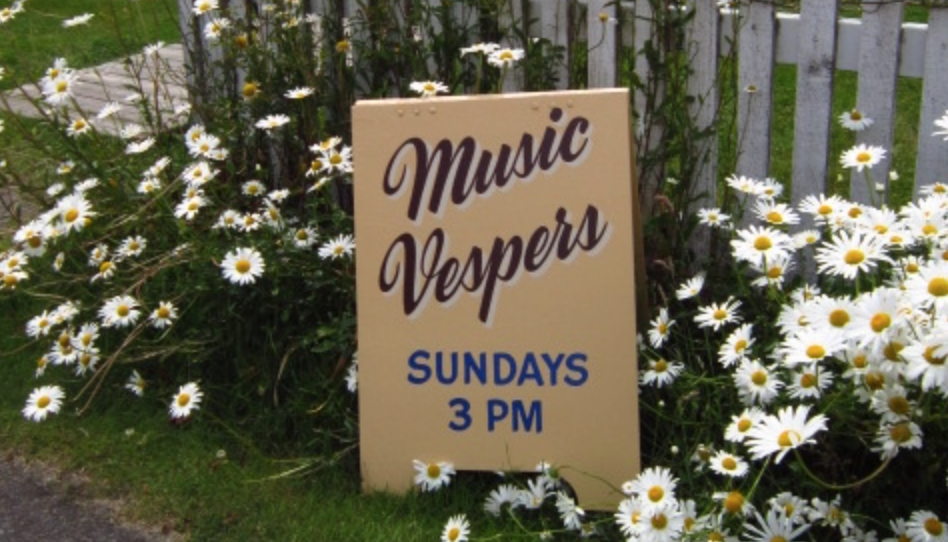‘Tall Cop Says Stop’ comes to Peninsula
Published 10:44 am Tuesday, November 13, 2018

- “Tall cop” Jermaine Galloway brought his anti-drugs message to Ilwaco last week.
ILWACO — “You can’t stop what you don’t know.”
For almost 20 years, Jermaine Galloway has dedicated his career to preventing drug and alcohol abuse in communities throughout the country.
Galloway, whose career kicked off in 1997 as a law enforcement officer in Boise, Idaho, is the creator of “Tall Cop Says Stop (he’s 6’9”),” a drug prevention program. Galloway brought the program to Hilltop Middle School on Thursday, Nov. 8.
Galloway, talked with parents, educators and other community members about what they can do to prevent substance abuse.
“All the drugs are stronger now,” Galloway said. “Nothing’s the same, including alcohol.”
Common street terms include “skittling,” “triple c,” “robo trippin,” “dexing,” “tussin,” “tussin toss,” and “orange crush.”
“Skittling” and “triple c” refer to taking cold medicine Coricidin, which can be used to get high in high doses. “Robo trippin” refers to hallucinating. “Dexing” and “tussin” refer to taking cough syrups such as Robitussin and Dayquil. “Orange crush” refers to a type of marijuana. The term “dabbing out” means to pass out.
Galloway warned attendees about drug-related products and the accessibility of drugs. He showed images of youth clothing which had drug-related messages such as Coca Cola socks that spelled “cocaine” with the brand’s logo.
“You have to understand what’s really out there,” Galloway said. “You don’t have to go to the dark web to know what’s really going on.”
The internet has made purchasing drugs easier. It’s now as easy for a child in a rural area to get drugs as a child living in Portland, Galloway said.
“If you can access the web, you can access any drug in the country,” Galloway said. “Drug dealers aren’t standing on corners anymore.”
Drugs may appear in a variety of forms including lollipops and vape pens. Pills, cough medicine, alcohol, marijuana and vape pens are popular among kids, Galloway said.
Vape pens often contain nicotine and are used to smoke. The pens are marketed for loose-leaf marijuana but that doesn’t mean that’s what someone will put in the pen, Galloway said.
The pens can contain anything from marijuana to meth shards. The drug is contained as a liquid and often is flavored.
“It’s like you need a flow chart to understand them,” Galloway said. “It’s this but that.”
A popular choice among teens are juul (pronounced “jewel”) pods. Juuls cost about $5 per pod. They look like flashdrives and are charged by USB port.
Juul pods typically contain nicotine and come in a variety of flavors such as cucumber and mango. Juuls are e-cigarettes, which are used to vape. One pod is equivalent to smoking a pack of cigarettes, Galloway said.
Juuls are sold in many stores. Purchasing juuls will soon be limited to online sales, according to a Nov. 9 announcement.
There are two major strains of marijuana; indica and sativa. Indica varities have fat and short leaves, while sativa varieties have skinny and tall leaves.
Indica strains act as antidepressants. They result in a sleepy state and are often used as a sleep aid, Galloway said. Indica strains reduce anxiety, increase appetites, and result in a stronger high overall, which is more of a body high.
Sativa strains increase energy levels. They result in a “head high,” and are used as a daytime strain. They result in creativity, may cause hallucinations and may increase focus.
Marijuana can come in a variety of forms, including dabs, which are concentrated doses of marijuana that come in the form of wax.
Fentanyl, an opioid, is stronger than heroin and has been linked to many overdoses because people cutting into other drugs don’t realize fentanyl is mixed in, Galloway said. The drug can be used to induce depression and can be lethal. Fentanyl is ingested, inhaled or injected.
Kratom is a natural herb sold in over 40 states as a herbal painkiller. It looks similar to the spice curry. With low doses, kratom is a stimulant. But with high doses, the herb acts as an opiate. Users can experience hallucinations, tremors, aggression and nausea.
The substance is banned in Thailand, where much of it is from. It’s sold throughout the West Coast and has caused problems for law enforcement because it’s difficult to detect, Galloway said.
Heroin is cheaper than kratom, which is why many people stick with heroin, Galloway said. However, kratom is legal and can be found in many retail locations.
Galloway has four suggestions on how community members can prevent substance abuse: look past the obvious, walk through retail locations, communicate with others, and stay up-to-date with drug trainings.
“If your last drug training was two years ago, you’re two years out of date,” Galloway said.
When talking to kids about drugs, it’s important to not overshare to avoid accidentally creating a how-to message that teaches kids where to get drugs, Galloway said.
Galloway finished his presentation by praising those who attended the event and are attempting to improve their communities.
“If we were not doing what we’re doing more people would be dying. More families and lives would be destroyed,” Galloway said. “I agree [the situation] is bad but it could be worse.”
Galloway’s presentation was sponsored by WellSpring Community Network and Pacific County Public Health & Human Services.
Galloway regularly shares information online about drug prevention. To follow Galloway online, visit:
• www.tallcopsaysstop.com
• www.facebook.com/TallCopSaysStop
• twitter.com/tallcopsaysstop





